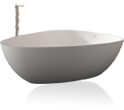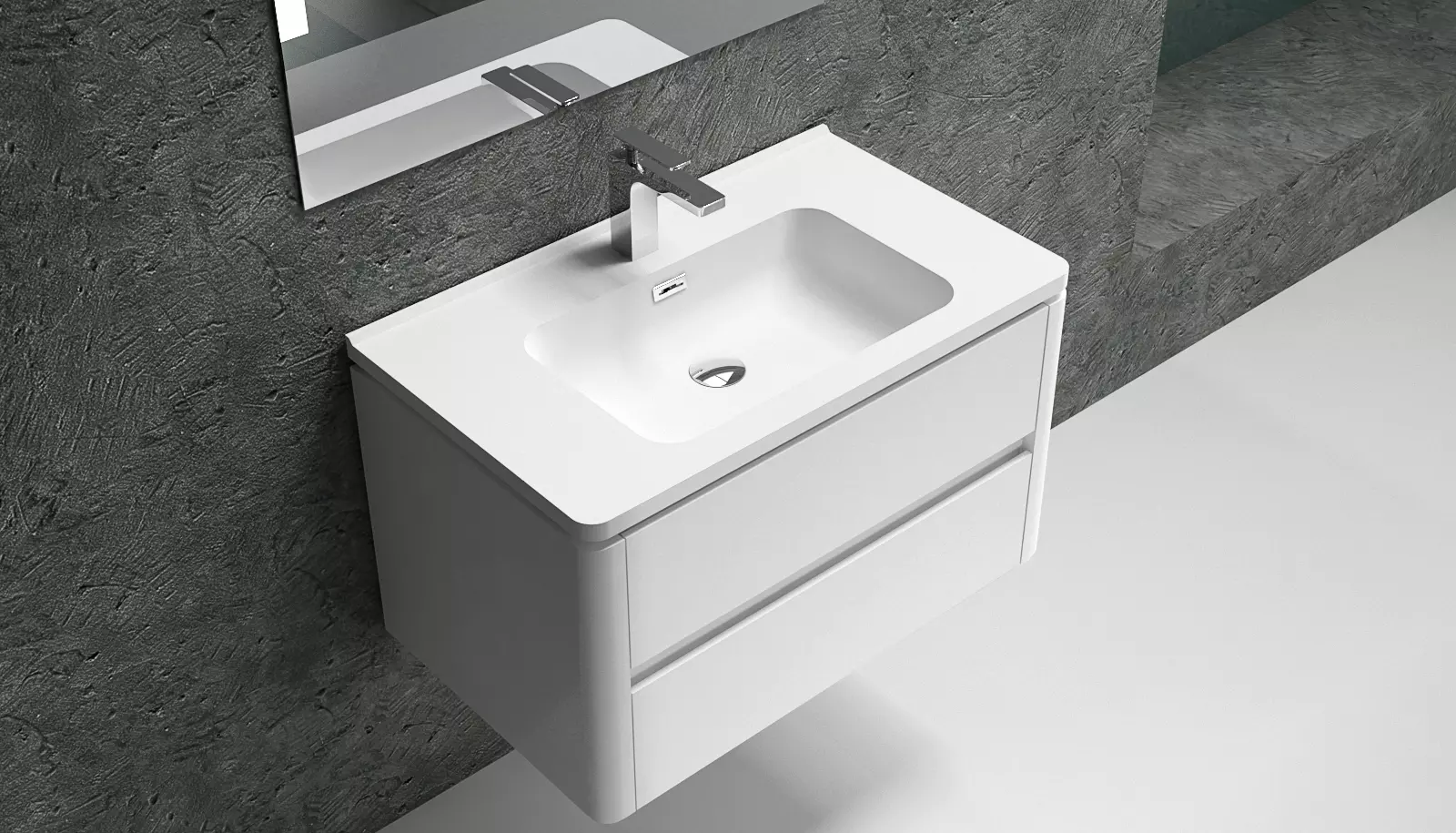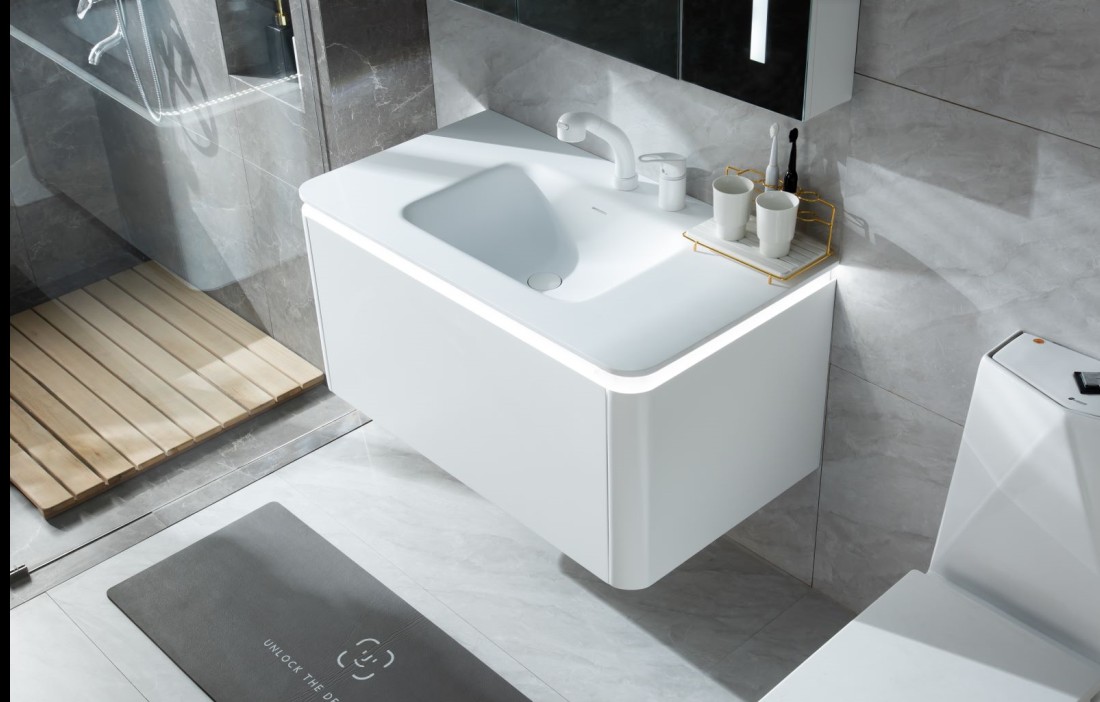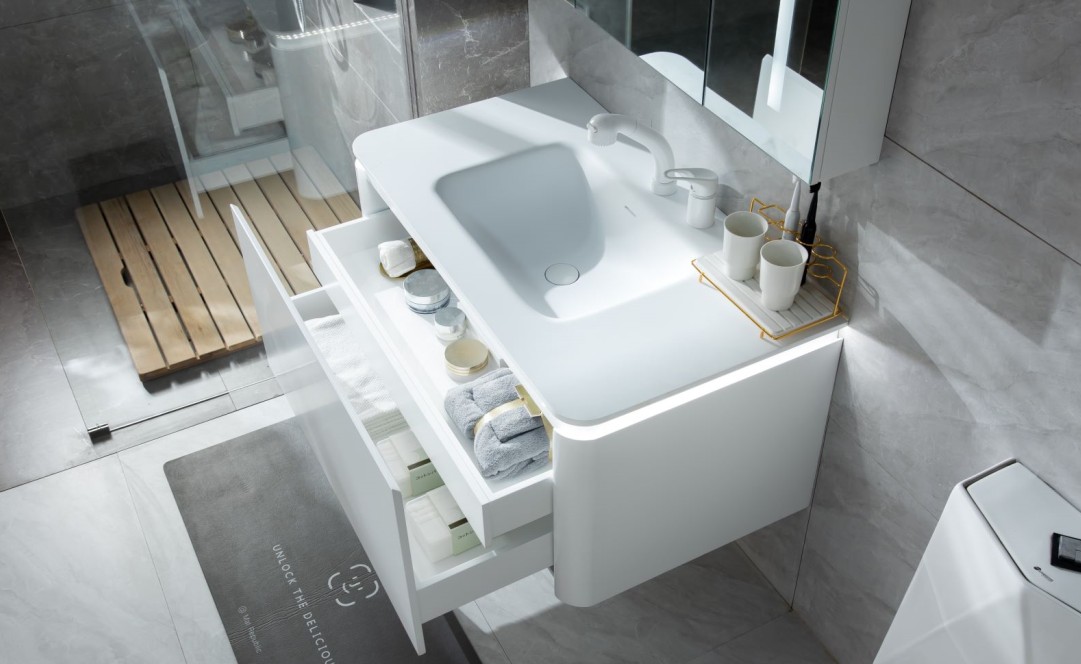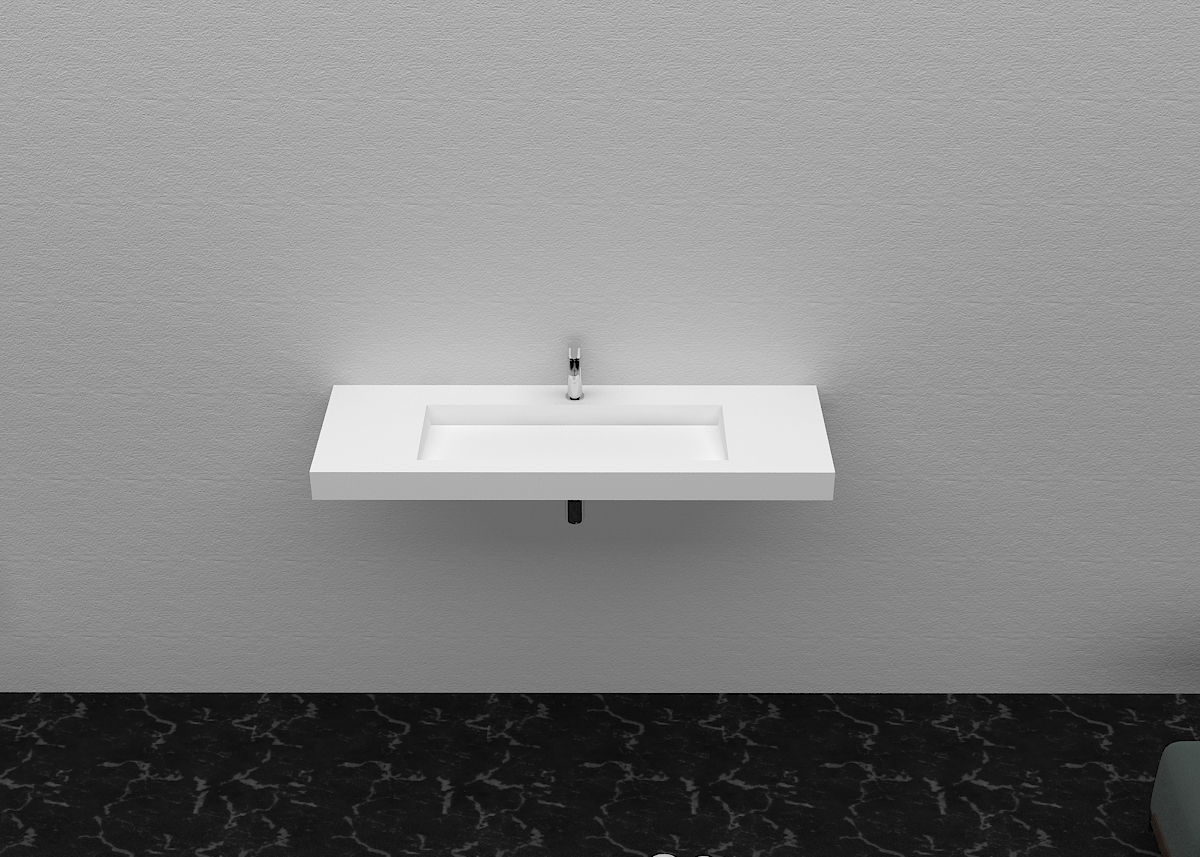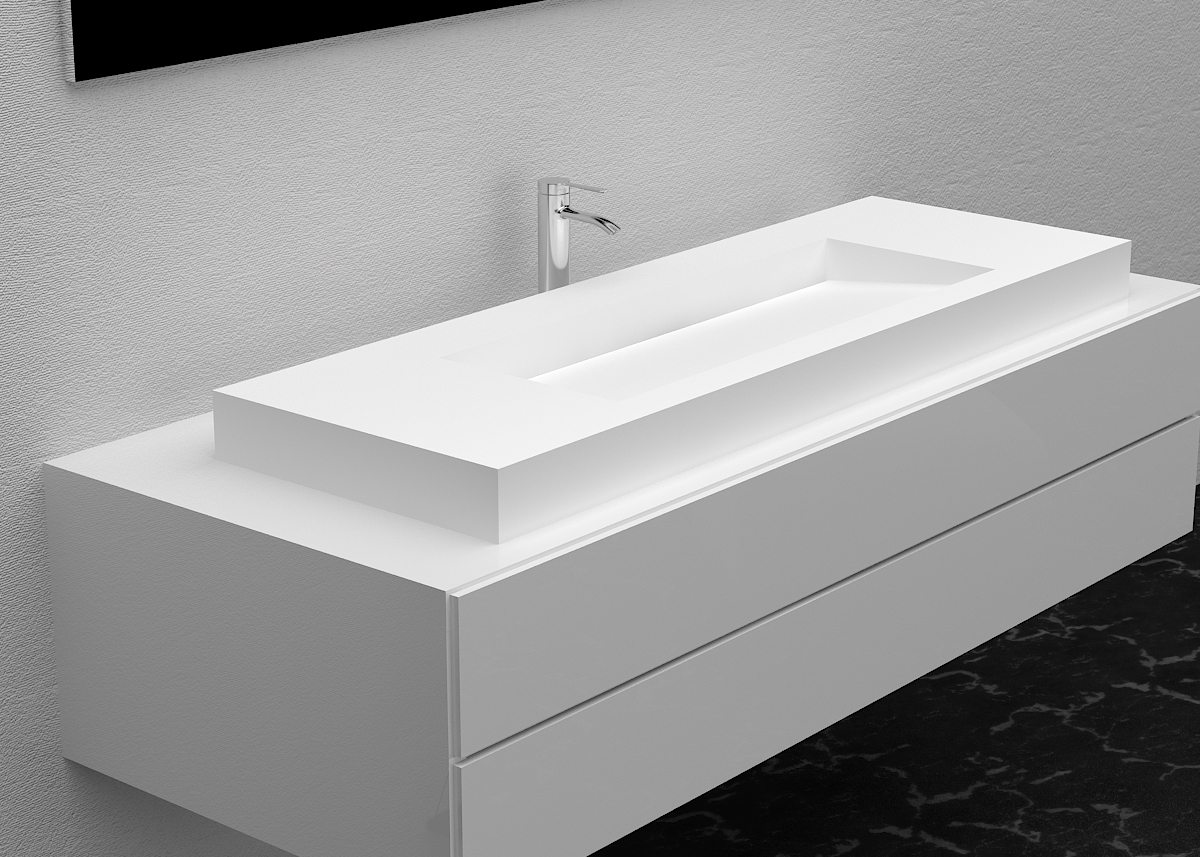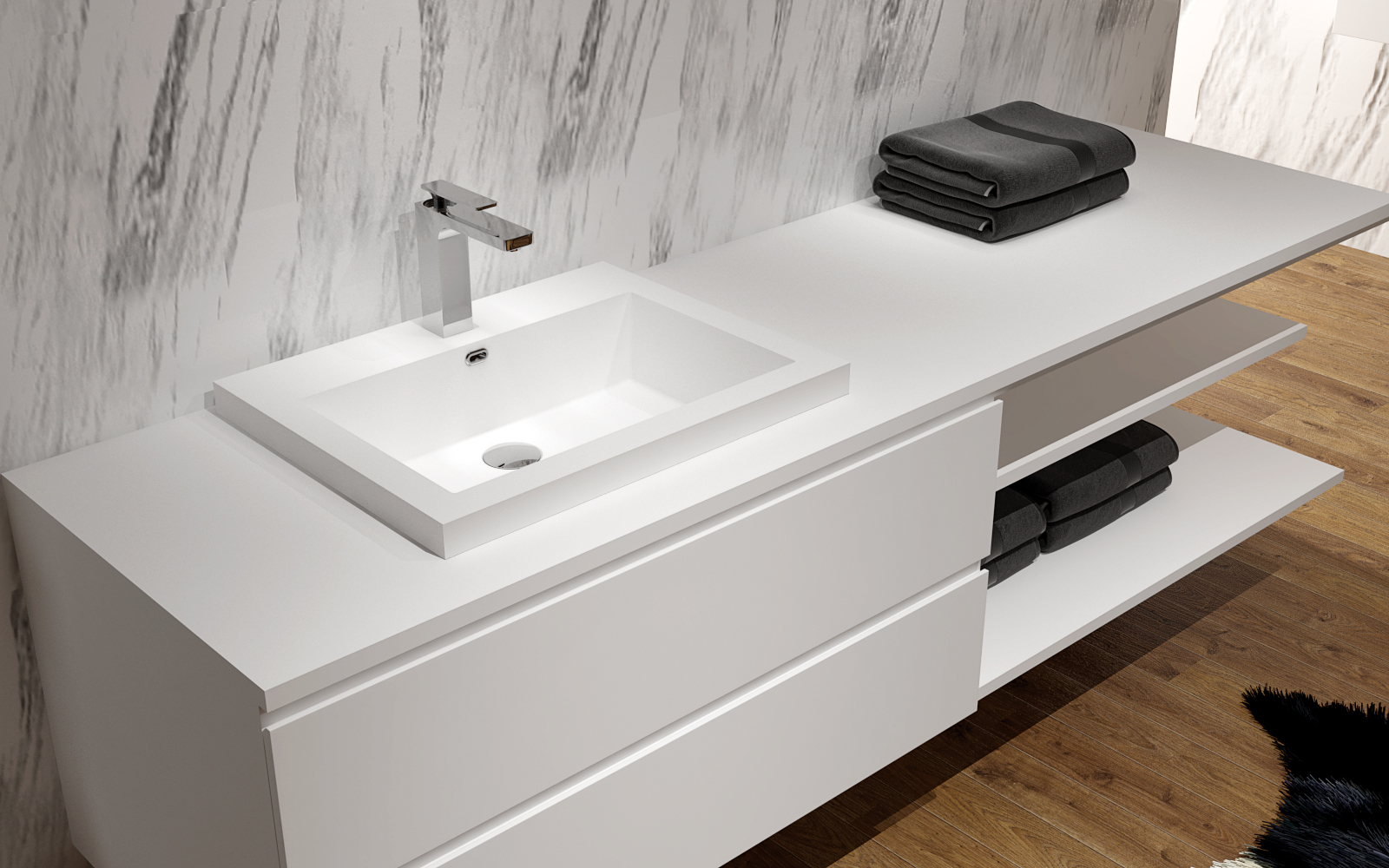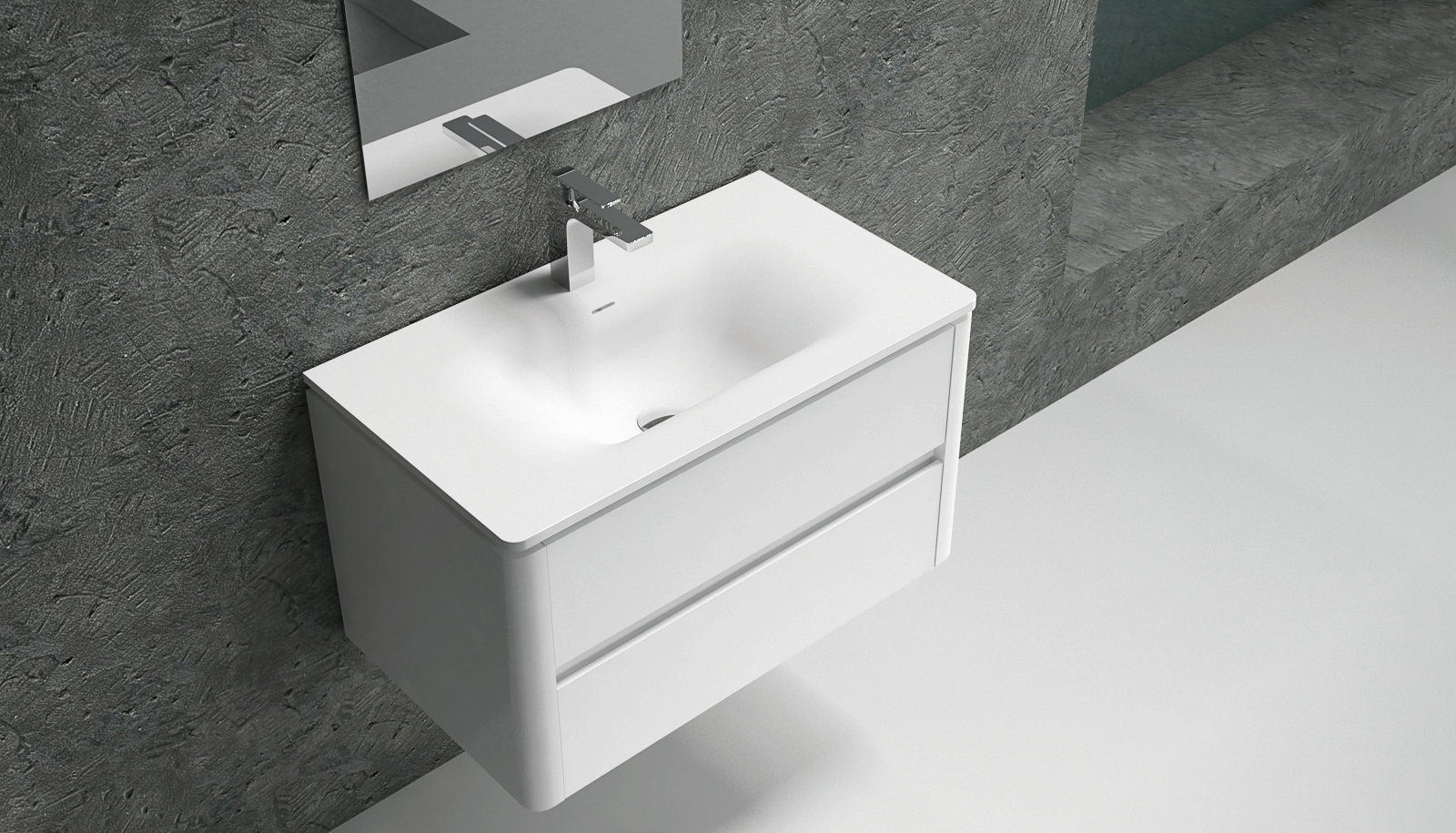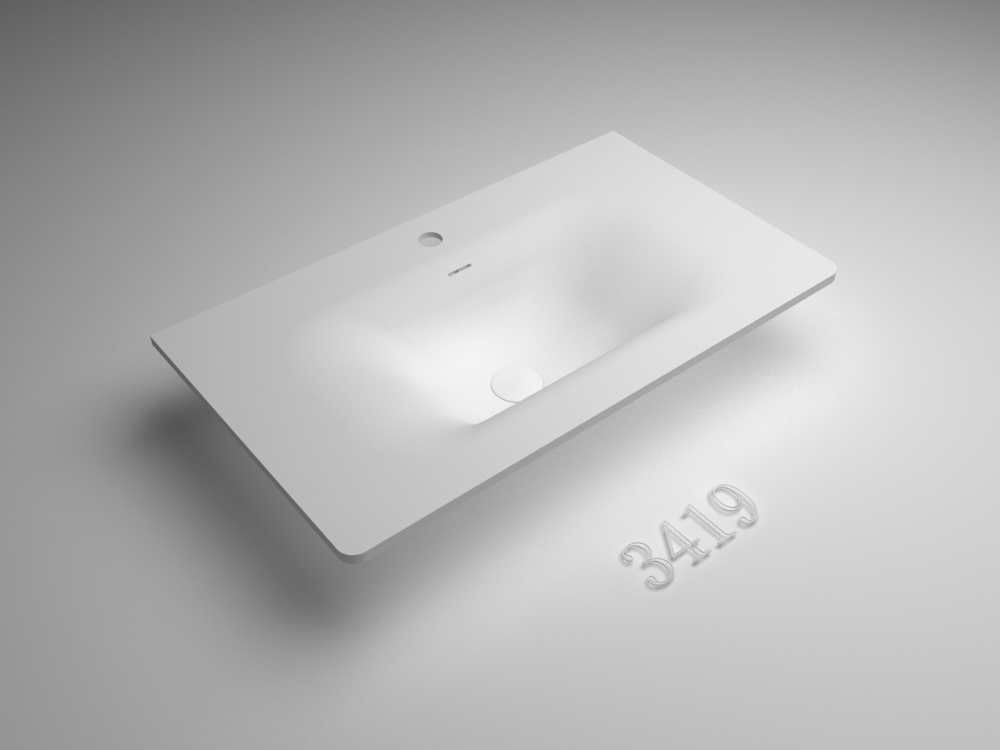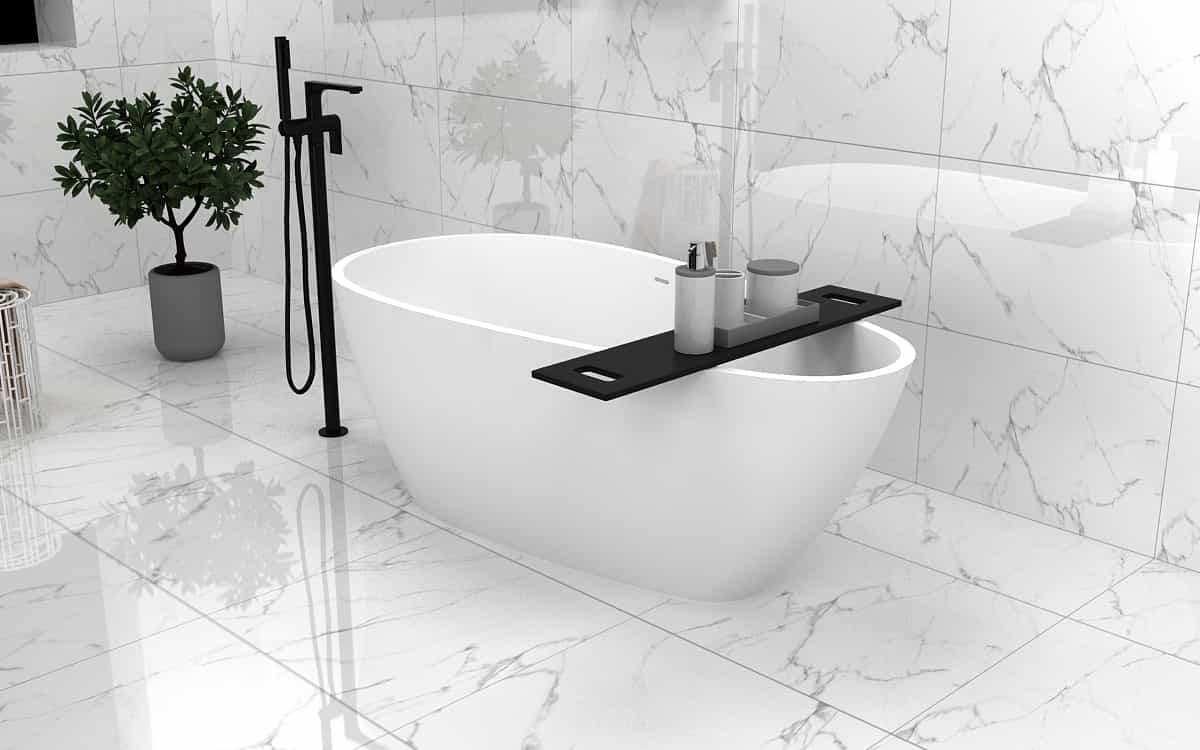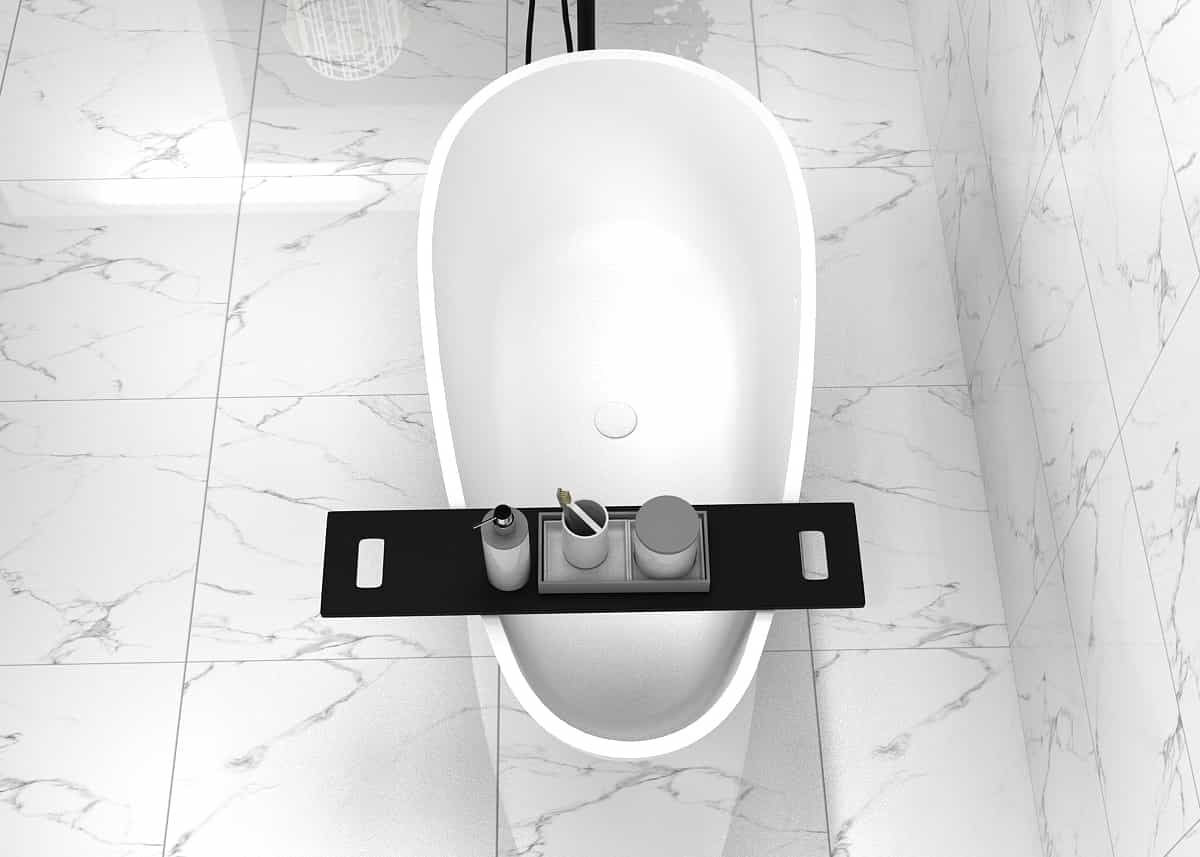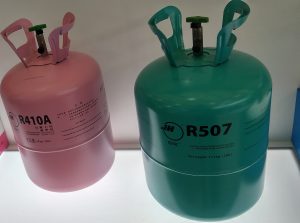
Air conditioning refrigerant is the main guarantee that air conditioning can provide us with a cool indoor temperature in hot summer. If the air conditioning refrigerant is not enough, the refrigeration effect of air conditioning will be greatly reduced. When the refrigeration of air conditioning can not reach the ideal effect, you may need to add air conditioning refrigerant, so what kinds of air conditioning refrigerant are there, how to choose?
Types of refrigerants for air conditioning
Classification by composition
R-12 refrigerant (dichloromethane)
R-12 refrigerant, alias R12, Freon 12, F-12, CFC-12, Dichlorodifluoromethane, commodity name Freon 12, Chinese name dichlorodifluoromethane, English name Dichlorodifluoromethane, molecular formula CCl2F2. As R-12 belongs to the Class I ozone-depleting Substances (the first restricted ODS class I ozone-depleting Substances), which is harmful to the Ozone layer and has a greenhouse effect, in developed and some developing countries, Has stopped the initial installation of new air conditioning, refrigeration equipment or the re-addition of old equipment; Production of R12 refrigerant and initial assembly in new refrigeration and air conditioning units was halted in China in 2007.
R-134a Refrigerant (tetrafluoroethane)
R-134a refrigerant, alias R134a, HFC134a, HFC-134a, tetrafluoroethane, trade names include SUVA 134a, Genetron 134a, KLEA 134a, Chinese name tetrafluoroethane, English name 1, 1, 2-tetrafluoroethane, Chemical name 1, 1, 2 — tetrafluoroethane, molecular formula CH2FCF3. As R-134a belongs to HFC Substances (non-ODS Substances), it does not damage Ozone layer at all. It is an environmentally friendly refrigerant recognized and recommended by most countries in the world, and is also the mainstream environmentally friendly refrigerant at present. It is widely used in the initial installation of new refrigeration and air conditioning equipment and in the process of maintenance.
Classified by evaporation temperature
Low pressure high temperature refrigerant
The evaporation temperature is higher than 0℃ and the condensing pressure is lower than 29.41995×104Pa.
Medium pressure and medium temperature refrigerant
Evaporation temperature -50 ~ 0℃, condensing pressure (196.113 ~ 29.41995) ×104Pa.
High pressure cryogenic refrigerant
The evaporation temperature is lower than -50℃ and the condensing pressure is higher than 196.133×104Pa.
There are three stages of refrigerant development
In the first stage, from 1830 to 1930, NH3, HC, SO2, CO2 and air were mainly used as refrigerants, some of which were toxic, some combustible and some inefficient, mainly for the consideration of safety and representation. Despite 100 years of use, when CFCS and HCFCS were introduced, the first major transition was made.
The second phase, from 1930 to 1990, mainly used CFCS and HCFCS. After 60 years of use, it was recognized that these refrigerants were harmful to the environment, and the search for alternatives began for environmental reasons.
The third stage, from 1990 to now, entered the HFC refrigerant mainly period. Freon has been banned since January 1, 2010.
Finally, we should remind you that when buying air conditioning refrigerant, we must pay attention to the comprehensive consideration of never burning, no explosion, non-toxic, non-corrosive effect, appropriate price, easy to buy and other factors, so as to buy the safest air conditioning refrigerant oh.

